▼
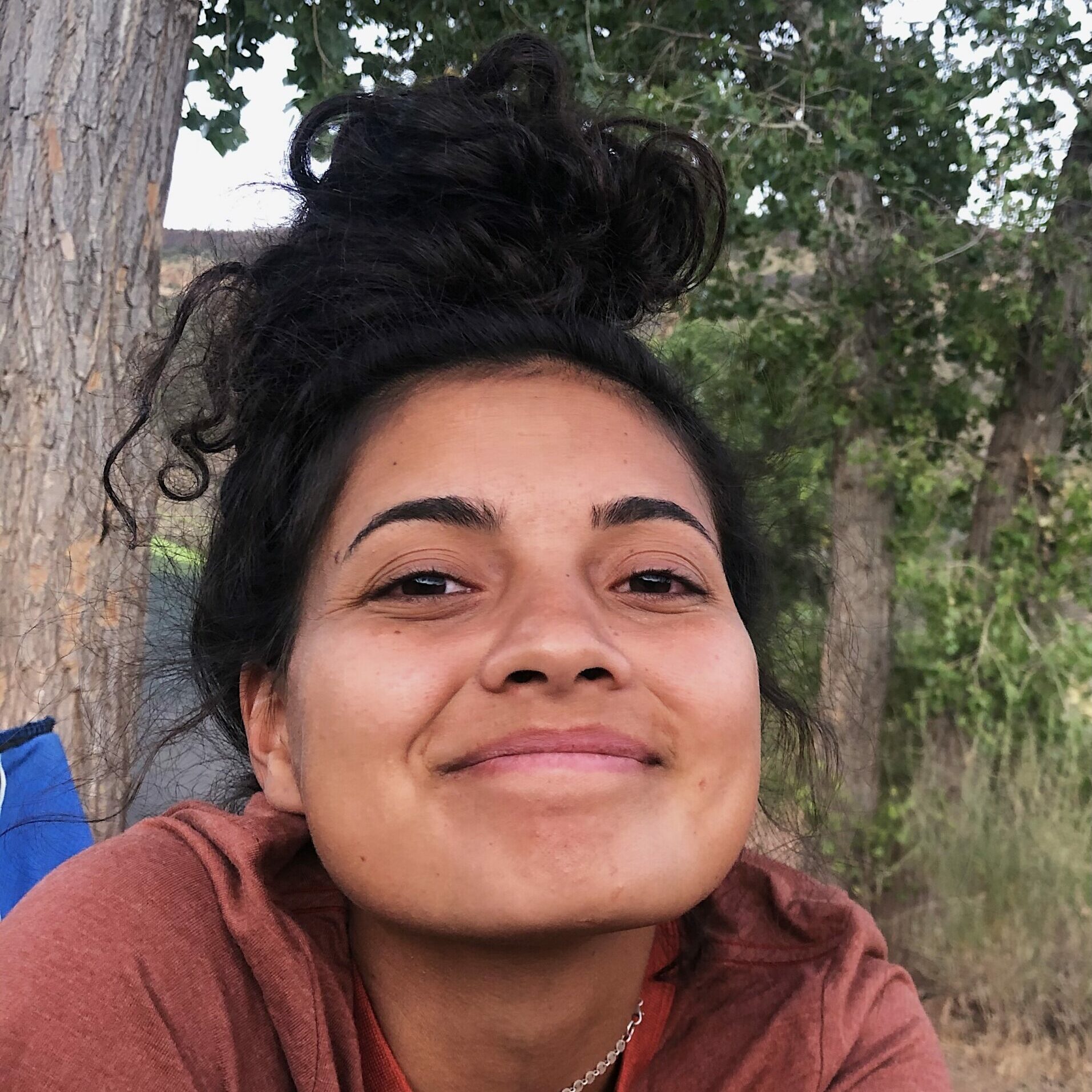 Feels Like Home
Feels Like Home
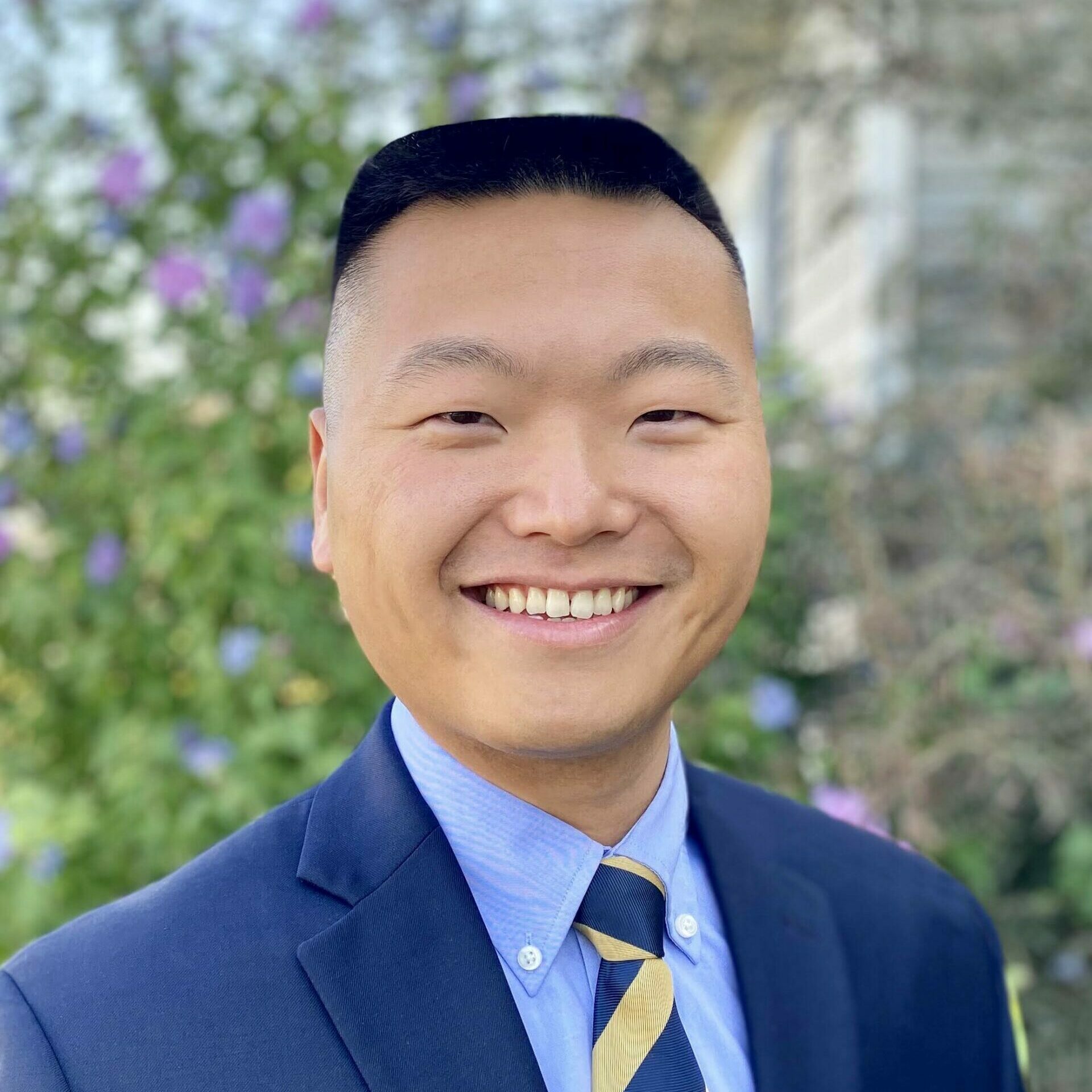 That’s a Civil Matter
That’s a Civil Matter
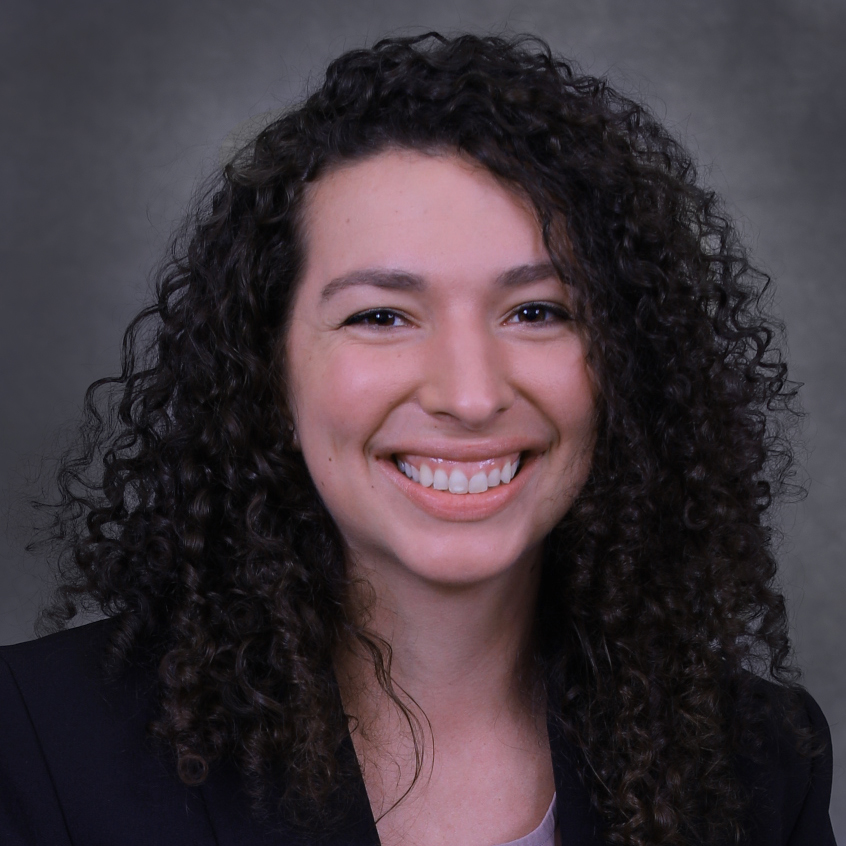
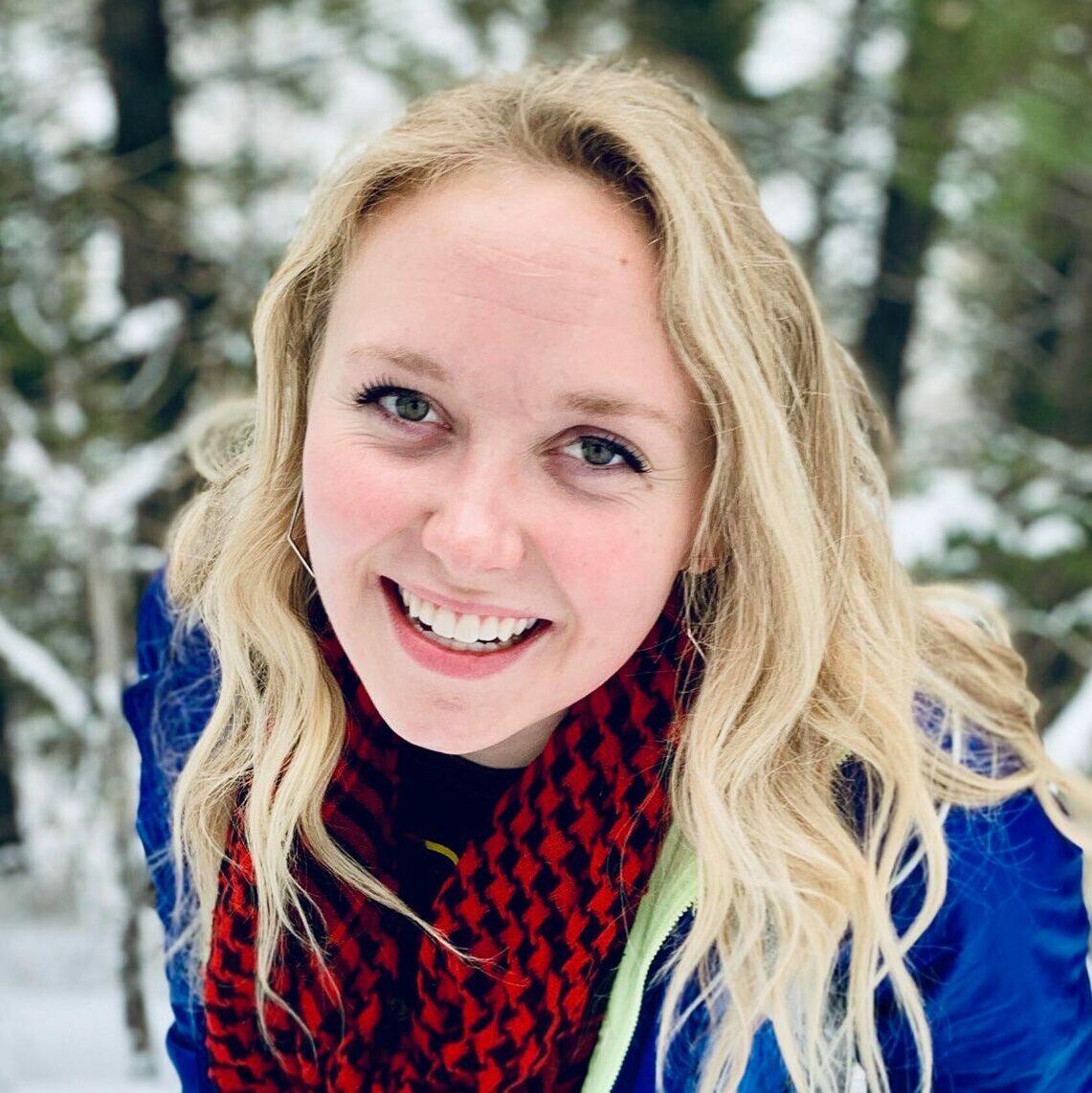 People: the Proximate Cause
People: the Proximate Cause
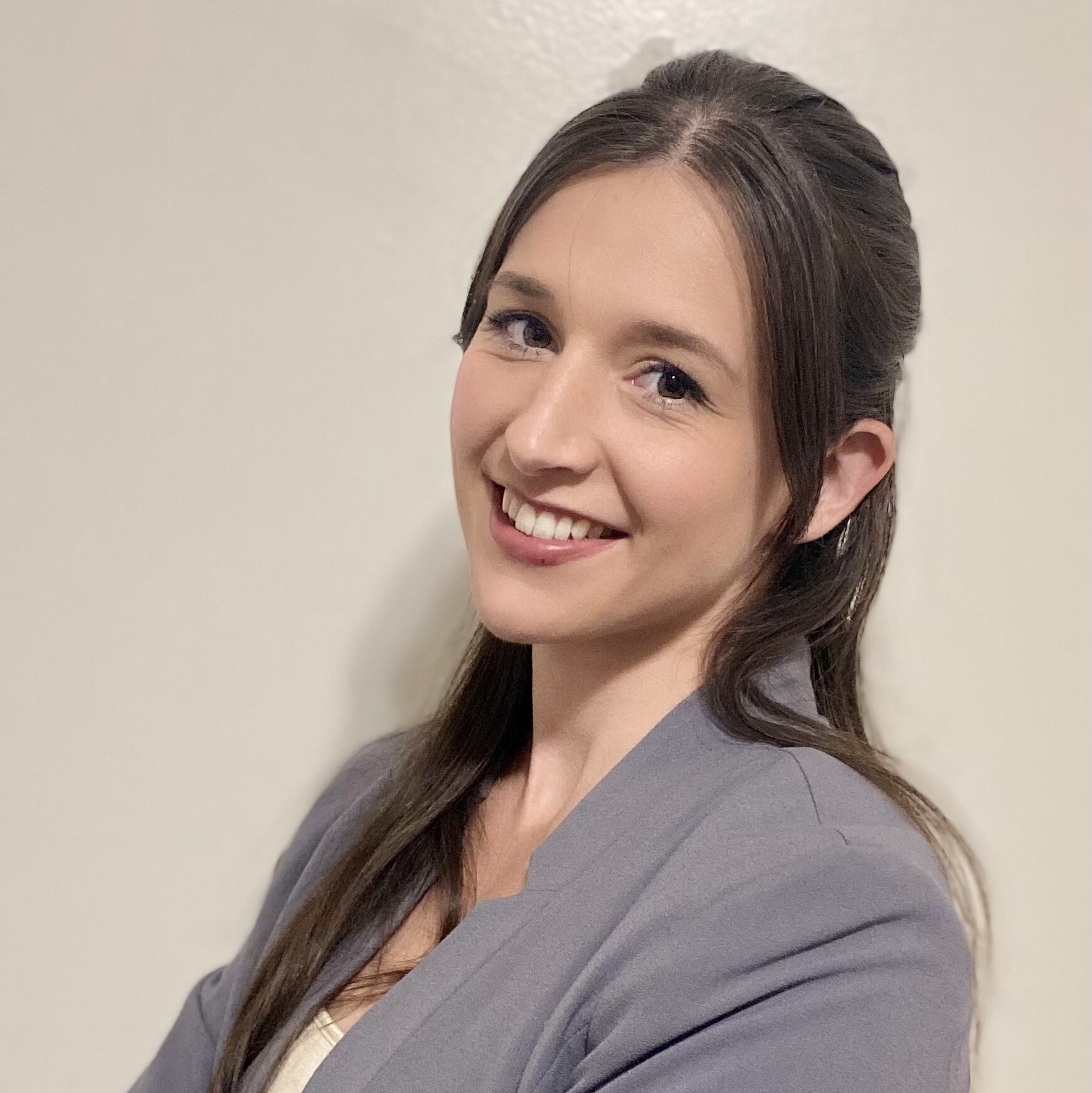 Making a Difference
Making a Difference
 *This button will be live October 29-November 1*
*This button will be live October 29-November 1*
Why did you choose law school? What is your cause? How is BYU Law School helping you get proximate to that cause? To individuals? To a community? We want to hear your stories of how BYU Law is impacting the way you get proximate.
The Proximate Cause storytelling competition is a chance for you to receive up to $500 for writing about your experiences as a BYU Law student.
Submit your stories here. After the first round of judging is complete, we will post the top stories on this webpage and give the public a chance to vote for their favorite. You can use any social media outlet (including email) to guide friends and family to listen to your story and vote.
After the second round of judging and the online voting are complete, $500 will be awarded for the story selected as Judges Choice and $100 will be awarded for the Audience Choice (i.e. the story that received the most votes online).
| Date | Description |
| 29 Sept | Submission date for round one |
| 8 Oct | Announce stories that will advance to round two |
| 11 – 22 Oct | Workshop for finalists
|
| 25 Oct | Submission date for round two |
| 29 Oct – 1 Nov | Online voting for top stories |
| 2 Nov | Story Slam!
|
Judging will be based on the following five criteria for the first round and for the Judges’ Choice:
By submitting your story, you give BYU Law School the rights to edit and publish your story on their website and social media. In addition, BYU Law School may use your story and personal image as part of the Legal Storytelling Project and Law & Social Change Initiative and BYU Law School promotional efforts.
You acknowledge that your story is your original work and does not infringe upon the copyrights, trademarks, rights of privacy, publicity, or other intellectual property or other rights of any person or entity. If the story contains any material or elements that are not owned by you and/or which are subject to the rights of third parties, you shall be responsible for obtaining, prior to submission of the story, any and all releases and consents necessary to permit use of the story by BYU Law School. BYU Law School may, in its sole discretion, disqualify story submissions for privacy or intellectual property infringements. BYU Law School reserves the right to use or not use submissions.
You warrant that you have not entered into any agreement which will adversely affect BYU Law School’s rights under this agreement, and that BYU Law School’s use of the story will not infringe upon or otherwise violate anyone else’s rights, and that the author shall have no obligations of any kind to any other person(s) except as stated herein. You further agree to abide by all appropriate federal, state and local laws and regulations in writing the story.
You assume all risk of participation and acknowledge and agree that neither BYU nor the BYU Law School shall be liable for any damages, injuries, claims, causes of actions, or losses of any kind or nature resulting from participation in this story competition.
BYU Law School reserves the right to interpret these official rules and administer the competition as appropriate and its decisions are final. This agreement will supersede any and all other agreements, oral or written, or any other understanding.
Stories will be judged based on the specific criteria on the home page:
Tag on social media with #ProximateCause #BYULaw #GettingProximate
You will be notified by October 8 if your story will be one of the finalists in the competition.